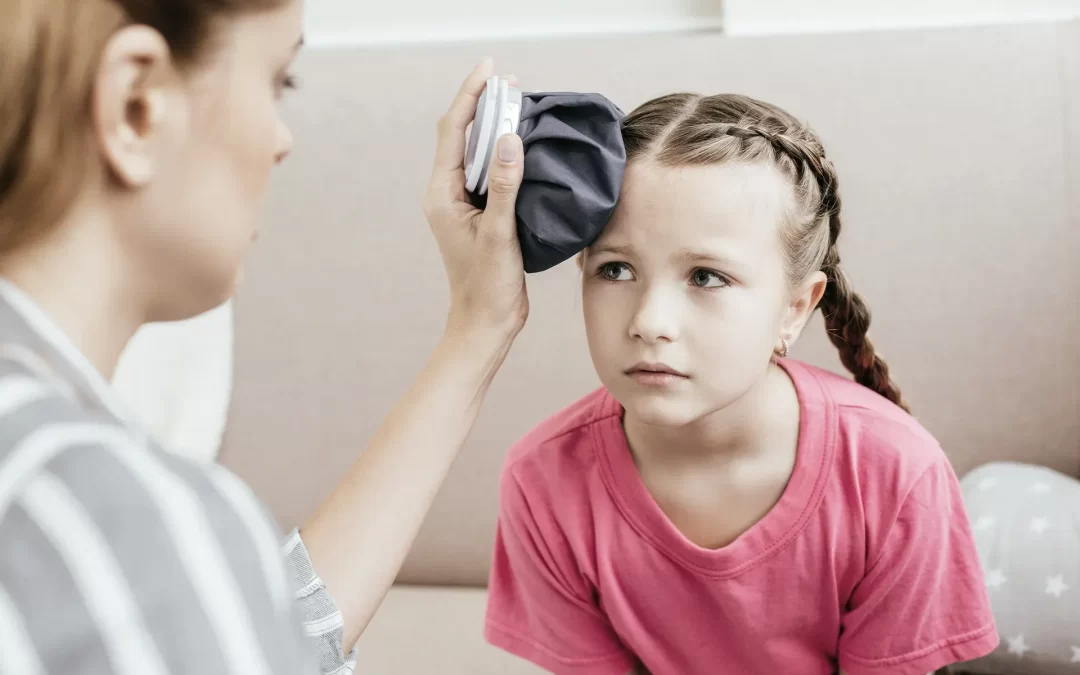The fall sports season is coming to an end and there is no season in which more sports related concussions occur than the fall. With increased awareness of the potential long-term effects of these brain injuries, it’s crucial to understand the risks, symptoms, and prevention strategies for young athletes. Youth sports participation has soared, but so has the incidence of concussions. The developing brains of young athletes are particularly vulnerable to these injuries. While no sport is entirely risk-free, certain factors contribute to a higher concussion risk. These include:
- Contact sports: Football, soccer, hockey, and basketball are associated with a higher incidence.
- Heading the ball: In sports like soccer, repeated heading can increase concussion risk.
- Inadequate equipment: Poorly fitted helmets or other protective gear can exacerbate injuries.
Concussion symptoms can vary widely, and rarely involve a loss of consciousness. In addition to medical personnel that may be present parents, coaches, and athletes should be aware of both physical and cognitive symptoms:
- Physical: Headache, dizziness, nausea, vomiting, balance problems, sensitivity to light or noise.
- Cognitive: Difficulty concentrating, memory problems, confusion, irritability, sleep disturbances.
If you suspect a concussion, remove the athlete from play immediately and seek medical evaluation.
Safe return to sports is by far the most important thing in long term outcomes from a concussion. Rushing back to play after a concussion can have severe consequences. A gradual return-to-play protocol is essential for complete recovery. This involves a stepwise progression of physical and cognitive activities under medical supervision.
As a parent and coach of three children playing youth sports (who is also a sports medicine concussion expert) I still have to take the coaches concussion course and it isn’t fun. However, I’ve seen the outcomes of athletes (kids) who haven’t been seen and treated by the right doctor for this injury. Sports concussion medicine is an always changing rapidly evolving sub specialty. What your child’s primary care provider may know about it is in all likelihood out of date. It is important to see the most qualified sports medicine physician for this extremely complicated injury. With 16+ years of concussion management training and research expertise I am a national expert in sports related concussions. If your athlete has suffered a concussion, please consider calling to get an appointment sooner (within 3-5 days) than later for this injury. Recovery is an active process and no one likes sitting out longer than they have to.

